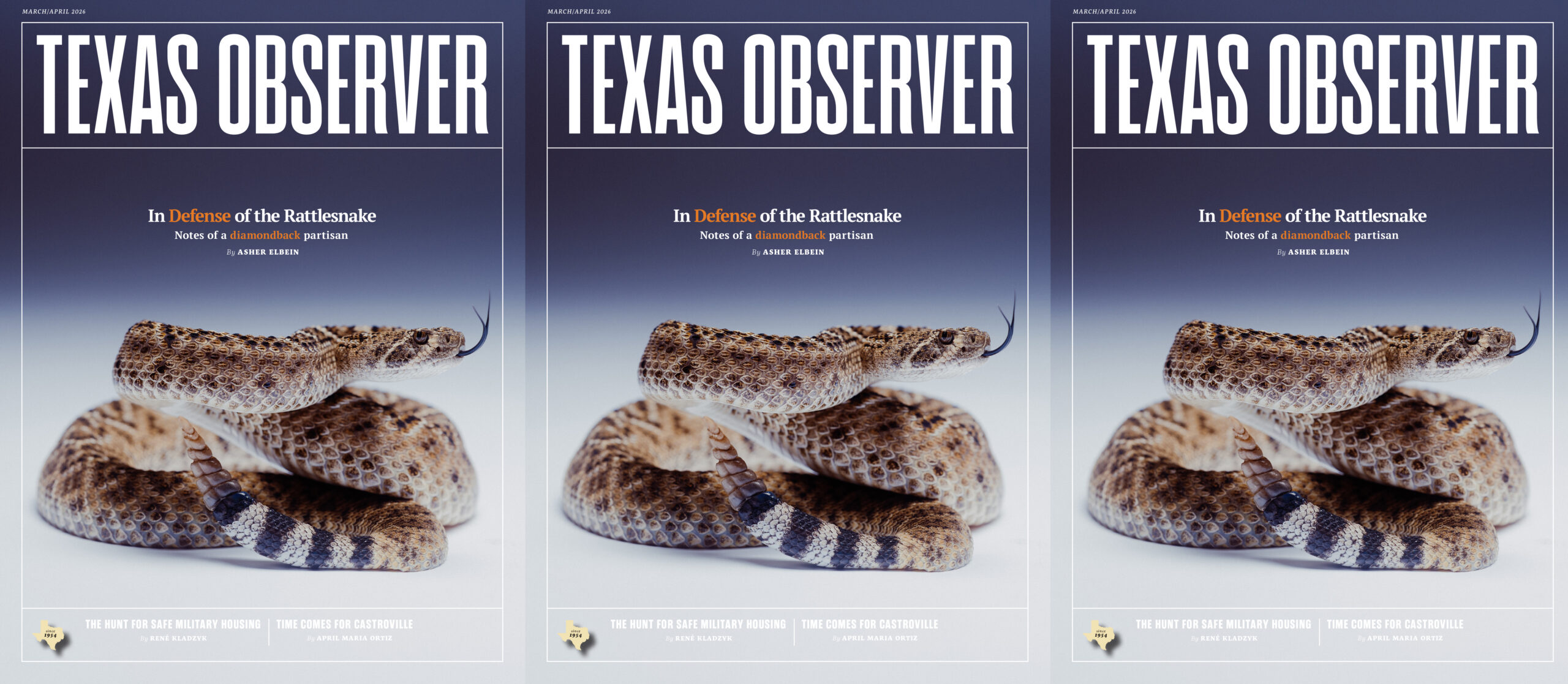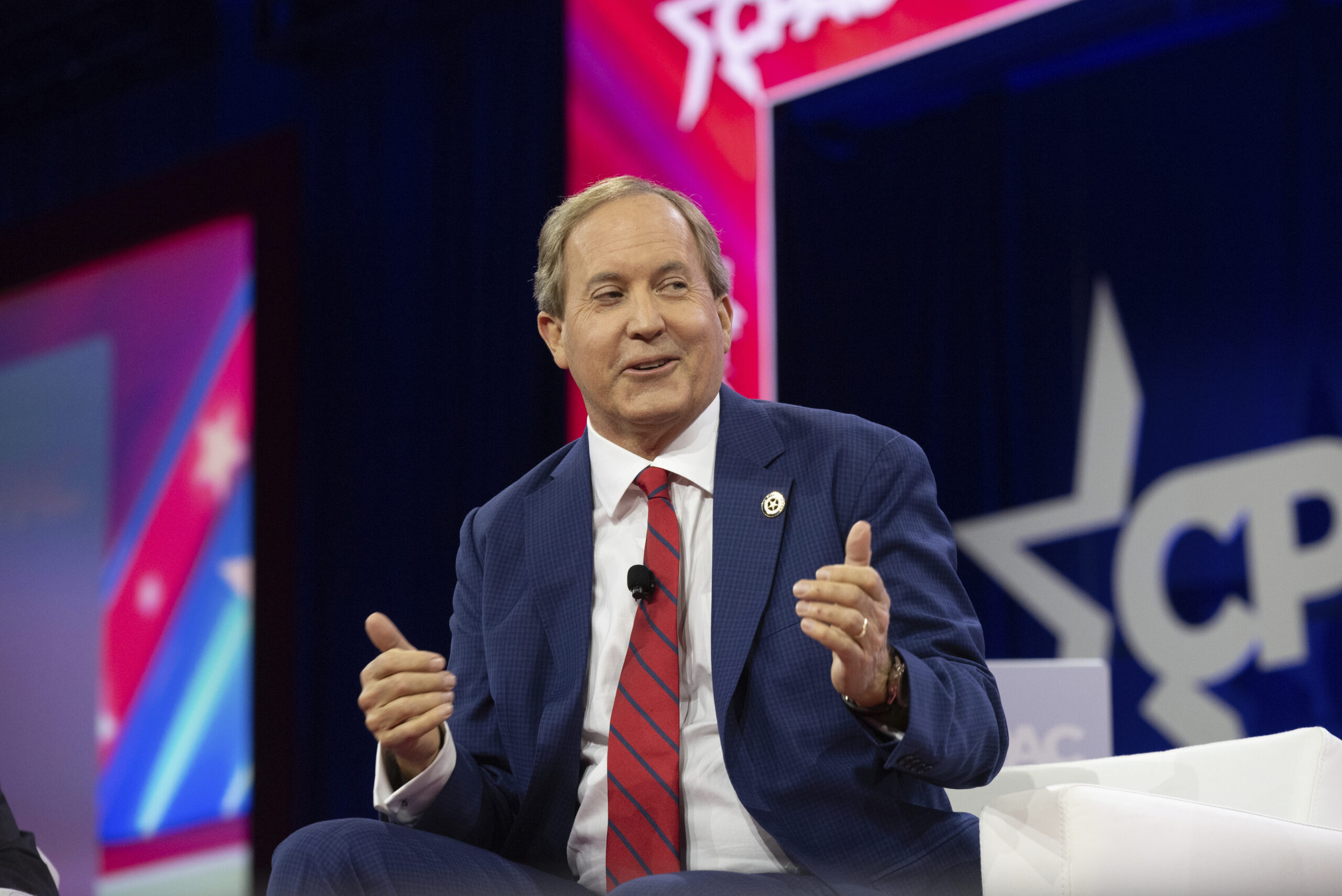The Godless Christian
Robert Jensen, a self-described radical political activist and associate professor of journalism at the University of Texas at Austin, is probably still best known to Texans across the political spectrum for his commentary in the Sept. 14, 2001 Houston Chronicle: “U.S. just as guilty of committing own violent acts.” Public reaction to Jensen’s view after 9/11 prompted then-UT President Larry Faulkner to issue a statement defending freedom of speech, but calling Jensen “misguided” and “a fountain of undiluted foolishness on issues of public policy.” The controversy consumed time and energy that could have been better spent on the issues Jensen raised.
He has continued to organize, act, speak and write critically about our wars in Iraq and Afghanistan, American economic and military imperialism, gender identity and politics, racism, and the forms and strategies of dissent. His books—Writing Dissent: Taking Radical Ideas from the Margins to the Mainstream (2001); Citizens of the Empire: The Struggle to Claim Our Humanity (2004); The Heart of Whiteness: Confronting Race, Racism and White Privilege (2005); and Getting Off: Pornography and the End of Masculinity (2007) contain a strong personal element. All My Bones Shake is no different.
Jensen thinks American citizens should take responsibility for, and change, what is done in their names by those who control and manipulate power and public opinion. He criticizes liberals and progressives for not doing enough—a position with which liberals and progressives are unlikely to disagree. The questions are: What changes do we want, and how do we make them?
In All My Bones Shake, Jensen poses these options:
You can be a man, or you can be a human being.You can be white, or you can be a human being.You can be an American, or you can be a human being.You can be affluent, or you can be a human being.
Jensen leaves out religious belief.
We may ask why Jensen has a positive attitude about human beings, given that so many of us have chosen to live—no matter what our gender identity, race, socioeconomic class or views on our country’s role in world affairs—in ways that perpetuate systems that harm others and our world.
All My Bones Shake is Jensen’s answer. He notes that in his past political writings he left “one obvious question unasked and unanswered: What does it mean to be a human being?” For him, “[r]adical feminism, anti-racism theory and practice, traditional anti-imperialist and anti-capitalist movements, and the best thinking in ecology” have been useful for analyzing and understanding “a profoundly unjust and immoral modern world.” He admits his efforts on these fronts have not brought about much change.
Jensen, a publicly avowed atheist, “turned to theology and eventually joined a congregation,” St. Andrew’s Presbyterian Church in Austin, in December 2005. He distills the questions leading to this choice into one big, vaguely utopian question that might make readers feel like Alice tumbling into the rabbit hole:
Which practices, systems, and fundamental conceptions of what it means to be human are consistent with a sustainable human presence on the earth, respectful of other life, in societies that provide the necessary resources for all people to live a decent life, within a culture that fosters individual flourishing alongside a meaningful sense of collective identity, helping us to take seriously our obligations to ourselves, each other, and to the non-human world?
Jensen quotes his good friend, leading theater historian Oscar Brockett, on the importance of definitions: “Allow me to define the terms, and I will win every argument we have.” If we let Jensen define the term “religion” as “organized religions,” which often lose sight of the values inherent in their core beliefs, then we can say that All My Bones Shake addresses this proposition:
You can be religious, or you can be a human being.
Jensen would redefine Christian religion to help himself lead a good life as a socially and politically aware human who believes and practices Jensenist Christianity. But it is difficult to call what he is doing “religion.”
Reading Jensen’s thoughts on his religious experience, I was struck by his resemblance to what spy novels call a “mole,” an agent accepted into an enemy’s espionage organization who gathers intelligence and spreads disinformation to destroy it. The difference is that Jensen is known to be a mole by his Presbyterian minister, Jim Rigby, and the faithful who embrace him. Jensen remains an atheist. He openly denies the existence of God as conceived by the religion he wishes to join. He denies Christ’s divinity and resurrection, two key beliefs girding all Christian religions.
Others have shared my skepticism. Unitarians, Jensen writes, tell him he is one of them, and ethical humanists say he would be right at home under their tent. Yet Jensen claims personal and spiritual comfort in the St. Andrew’s community, partly because he was raised and confirmed as a Presbyterian, though he admits to being a bored nonbeliever throughout that experience.
All My Bones Shake gives us insight into the tension between religious belief and the ways believers want to lead their lives. Heresies generally start with an individual who views orthodoxies in unorthodox ways that appeal to enough of the faithful that others who hold heretical beliefs can remain comfortably among the flock. Heretics are believers who think differently about, and challenge, tenets of faith. Jensen denies his belief in virtually all the fundamental articles of Presbyterian and Christian faith. Still, he wants to be accepted by its believers. The kindest thing to call this is paradoxical.
Jensen explains that he was attracted to St. Andrew’s by the liberal beliefs and practices of Rev. Rigby and his congregation, especially in matters of gender politics. Jensen’s feelings of attachment to St. Andrew’s intensified when Rev. Rigby wrote him a letter of support during the controversy surrounding his 9/11 op-ed.
Jensen cites Rev. Rigby’s translation of the Apostle’s Creed “from the original Greek” as an inspiration. But key points in the translation correspond so loosely to the original Greek versions in the standard historical manual of faith, the Enchiridion Symbolorum Definitionum et Declarationum de Rebus Fidei et Morum, that it might as well stand on its own merits without appealing to traditional authority.
For several years, Jensen participated in the political activities of the church while making no secret of his atheism and his disinterest in two questions that all world religions past and present address: Where does the world come from, and what happens to us when we die?
In March 2006, Jensen declared in a published essay, “I don’t believe in God. I don’t believe Jesus Christ is the son of a god I don’t believe in.” On April 1, 2006, Rev. Rigby posted an essay on AlterNet explaining that St. Andrew’s received Jensen as “an attempt to build connections.”
When the Committee on the Ministry of the Presbyterian Church (USA) questioned how a person with such avowed (dis)beliefs could be admitted into one of its congregations, Jensen viewed the process as a “charade” and “an assertion of dominance by those who wanted clear answers to inherently perplexing questions about the meaning of the label [italics mine] ‘Christian.’ ” He sees bad intentions because he fails to do what Jesus Christ, whether human or divine, stressed in his preaching: that we step outside ourselves, sympathize with others, and treat them as we ourselves want to be treated.
When the church declared Jensen’s reception into St. Andrew’s “irregular” and reclassified him as merely “baptized,” Jensen says, he cried “for something that I think had to do with a fallen world.” This egocentrism, if nothing else, might give reasonable people cause to doubt the sincerity of Jensen’s Christianity.
The rest of All My Bones Shake explains his personal, alternative theology. He expresses dissatisfaction with those who interpret religion narrowly and do not accept as Christian people like him, who have radically different “conceptions” of God.
Jensen stresses, correctly, how tribal human beings are. But tribes, like ethnic groups, depend on recognized definitions of membership. Characteristics like a collective name, a shared history, belief in common myths, and a shared culture are crucial. It is understandable that thoughtful believers would not know how to handle someone who denies their basic beliefs while claiming to be one of them. It is logical that they would make honest inquiries for serious reasons, and unfair of Jensen to accuse them of meanly applying labels or persecuting a rogue thinker.
St. Andrew’s eventually admitted Jensen by exploiting the technicality of his youthful confirmation, claiming he already was an official Presbyterian. Church authorities, meanwhile, drafted new guidelines about belief that allow for lots of wiggle room.
This whole business, and this book, are unlikely to change the prevailing social, political, economic or religious order much. They hold the same perverse fascination that Oliver Sacks’ extreme cases of anomalous psychological behaviors offer. Like the flap caused by Jensen’s 9/11 editorial, it distracts us from serious problems.
I was left with the feeling that the “prophetic voice” in the title is Jensen’s own, and that what he is saying will be as perplexing to thoughtful people of good will and sympathy as the sound of one hand clapping.
Tom Palaima is Dickson Centennial Professor of Classics at the University of Texas at Austin, where he teaches classical and Mycenaean Greek.


